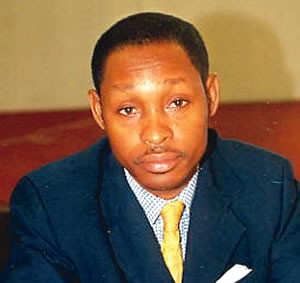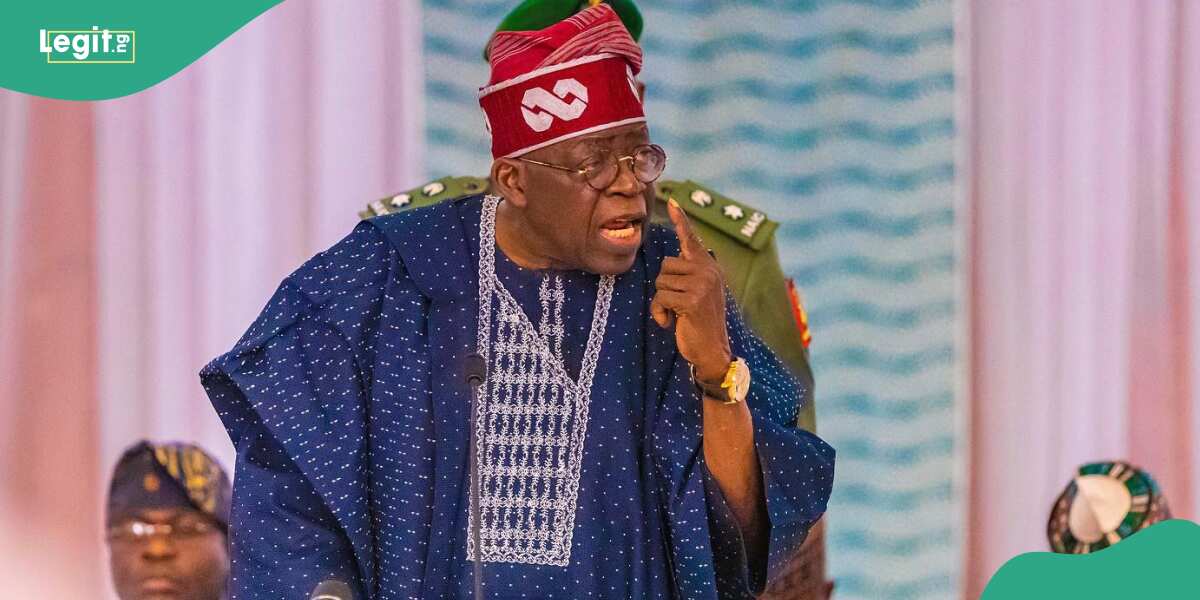
Nigeria’s population of over 160 million should be an asset and a positive factor for national development. If well-managed, it should translate to over 160 million creative minds ready and willing to add value, create wealth and increase available knowledge.
It also means a very big market that can absorb the products of industries and the service sector. To satisfy the demands in the market will require companies with production capacity and profits in billions of naira. It is also an opportunity to export our surplus to other parts of Africa and the world in general.
But the 160 million persons must be educated, enlightened and properly positioned to claim their space in the world of today that is powered by the strength of the intellect rather than sheer numbers that contribute nothing to human civilization.
The Nigeria of our dreams cannot be a Nigeria dependent and powered by the sale of crude oil without any value added. It is not a Nigeria that imports petrol and diesel without any refining capacity. It is not a Nigeria dependent on other countries for her food needs. It is not a Nigeria where votes do not count. Neither is it a Nigeria ruled by her fourth eleven and where repetition of mistakes is seen as a virtue rather than a vice. Nigeria’s greatest asset is her citizens and residents in Nigeria, not the crude oil that is currently supplying her budgetary needs. And the biggest challenge is how to convert the teeming population of consumers to producers. How do we liberate the energy of Nigerians and recruit everyone into the critical army of nation builders? Surely, our record of having over 10.5 million children out of school in a world out-of-school population of about 57million is not an enviable record.
We need a pool of sound and innovative policies in different facets of national life to begin this change from dependence to development. The relevance of education to development cannot be over emphasised. In the education sector, there is the paradox of increasing number of universities, polytechnics and colleges of education with the increasing lack of critical skills needed in the economy. Year after year, we churn out hundreds of thousands of graduates from tertiary institutions but the skills needed for production and the service industries are in short supply. If for any reason, the multinational companies extracting our crude oil and gas decide to leave the country, do we have the capacity to get the crude oil from the bowel of the earth in the Niger Delta up to the surface for export? Why are we importing toothpicks, wood and clothing products from China and other countries when our polytechnics should be producing master-craftsmen to service the local needs? Instead of encouraging students to take up practical courses that will add value to the nation, national practice and policy encourages students to get certificated with a university degree in studies that have no link with industry. Thus, over 97 per cent of graduates expect to be employed. Pray, by whom?
Nigeria as a country needs to get its priorities right. Liberating the energy of our people to participate in national development is the starting point for any development agenda. According to the UN Committee on Economic, Social and Cultural Rights, “Education is both a human right in itself and an indispensable means of realizing other human rights. As an empowerment right, education is the primary vehicle by which economically and socially marginalized adults and children can lift themselves out of poverty and obtain the means to participate fully in their communities. Education has a vital role in empowering women, safeguarding children from exploitative and hazardous labour and sexual exploitation, promoting human rights and democracy, protecting the environment, and controlling population growth. Increasingly, education is recognised as one of the best financial investments states can make. But the importance of education is not just practical: a well-educated, enlightened and active mind, able to wander freely and widely, is one of the joys and rewards of human existence.” Thus, the link between leadership and education needs to be strongly explored and interrogated. Nigerians need to review the manifesto of the leading political parties in terms of their promises for the education sector and what they have actually delivered at the federal level and in the states they run. Beyond building new schools and awarding construction contracts from which kickbacks can be taken, what are the critical inputs and innovations that make education functional in their respective areas of jurisdiction?
The functional parameters of education have been stated to include availability, accessibility, acceptability and adaptability. For the first parameter, Nigeria lacks adequate number of school buildings to absorb the teeming number of the population demanding education. The teachers do not receive competitive salaries while teaching materials, libraries, computers and other information technology materials are obsolete or not available. It is common to see graduates of computer science who are not conversant with the use of computers and graduates of automobile engineering who cannot lose a plug from a car engine. The University of Abuja Medical College has remained unaccredited eight years after commencement of studies.
Adaptability appears to be the parameter where Nigeria’s education system performed most woefully. Education has to be flexible so it can adapt to the needs of changing societies and communities and respond to the needs of students within their diverse social and cultural settings. Since the days of the Babangida administration, the country established Universities of Agriculture, 20 years down the line, we are still importing basic staple foods. How have the Universities of Agriculture responded to the food needs of Nigerians? Nigerian universities have been offering courses on petroleum engineering for close to thirty years. Where is the critical pool of skilled manpower in the sector after all these years of education considering that the sector is still dominated by foreign interests? With so many law faculties, why are we still producing lawyers whose knowledge seems not relevant to solving the social challenges facing Nigeria? Technical and vocational education has been relegated. All these go to show that we have an education system that fails to respond to the predominant needs of the Nigerian society.
In terms of acceptability, our education seems irrelevant, culturally inappropriate and of low quality. Many countries that used to accept qualifications and certificates of Nigerian universities now look upon them with suspicion. The other parameter of accessibility includes physical accessibility of institutions of learning, non discrimination and economic accessibility. The current thrust of education policy encourages commercialization of education at a point poverty is increasing with little or no policy measures to tackle the challenge.
Nigerians need to rethink education policy and its implementation and use it as a yardstick to judge governmental performance. It is time to do a skills gap analysis and audit to determine the areas where we have deficiencies. With collaboration between education institutions and industry, the appropriate skills will be imparted, jobs will be created and the economy will begin to witness real growth. The country also needs to increase investment in education, possibly up to the UNESCO 26 per cent standard. Finally, the education sector needs to be policed by citizens’ groups to ensure that public resources invested in the sector are not stolen or mismanaged.




